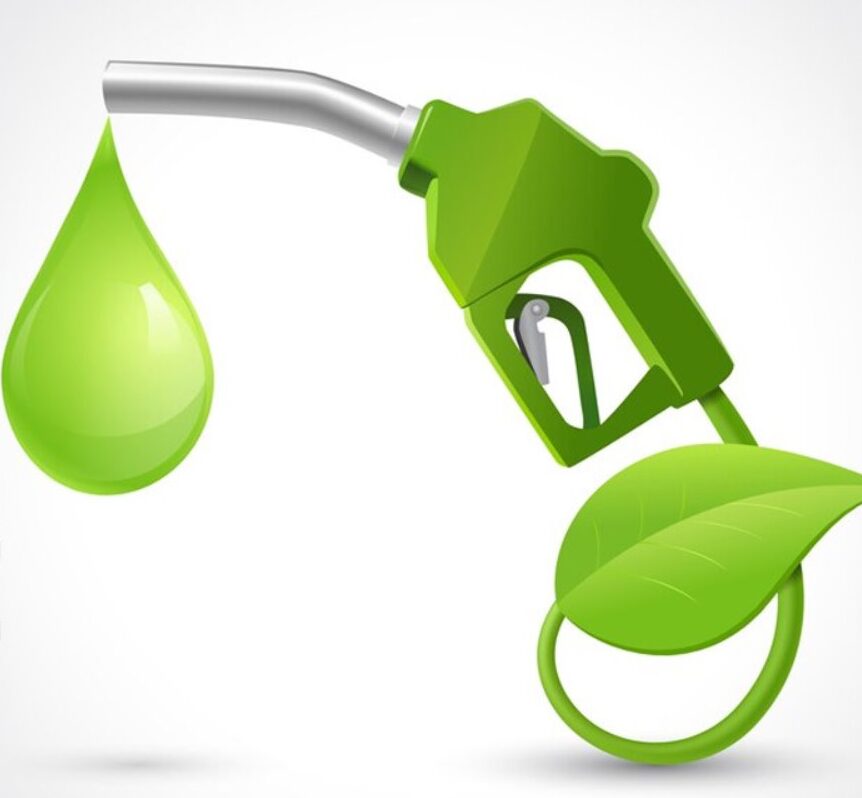

Indonesia is bullish on the renewable forms of energy to protect its pristine natural ecology and substitute fuel imports. Energy and Mineral Resources Ministry (ESDM) launched its first trial of B40 biodiesel for railway transportation at Lempuyangan Station in Yogyakarta. The government anticipates that B40 could save up to $9 billion in fuel import costs.
“Today, we are holding a ceremony to kick off the implementation of B40 in the railway sector and land transportation,” said Eniya Listiani Dewi, Director General of New, Renewable Energy, and Energy Conservation (EBTKE) at the Ministry.
Biodiesel B40, a blend of 40 percent vegetable oil with diesel fuel, is being tested on the Bogowonto train route between Lempuyangan Station in Yogyakarta and Pasar Senen in Central Jakarta. Eniya explained that B40 aims to improve energy efficiency by reducing diesel consumption and optimizing plant-based resources, which could help reduce the trade deficit caused by high oil imports.
She estimated that B40 usage could save the country up to $9 billion in foreign exchange. The use of B35 since 2023 has already cut foreign exchange expenses by Rp. 122 trillion. Additionally, the adoption of alternative energy is expected to lower carbon emissions from the transportation sector, the second-largest emitter after the industrial sector.
Eniya noted that the railway sector trial will continue until results are available in December 2024. The minimum trial requirement for the railway sector is 1,200 hours of operation. Given that a round trip from Lempuyangan to Pasar Senen takes 22 hours, approximately 50 round trips—or about two months—are needed.
The Ministry projects that B40 could eventually be used across all types of transportation, including heavy machinery. After successful automotive trials in 2023, the current focus is on agricultural machinery and the railway sector, with future plans including applications in mining, shipping, and power generation. Eniya mentioned that these sectors are expected to require up to 16 million kiloliters of B40.
India’s ethanol initiative has helped India save Rs. 1,26,210 crore in foreign exchange by reducing…
Noida-based green energy leader NexGen Energia Ltd has secured a $1 billion equity investment commitment…
As Odisha takes firm steps toward a just transition from fossil fuels to renewable energy,…
Bio-Integrated cladding for greener cities, an innovative solution by a 29-year-old Indian architect, has won…
In a novel move, Farmwatt Innovation has launched a long-term training and capacity-building initiative focused…
State owned Bharat Petroleum Corporation Ltd (BPCL) has joined hands with GPS Renewables Pvt Ltd…